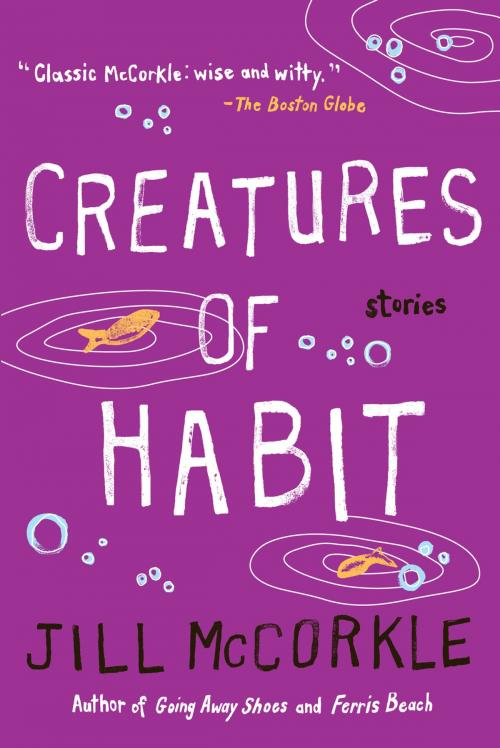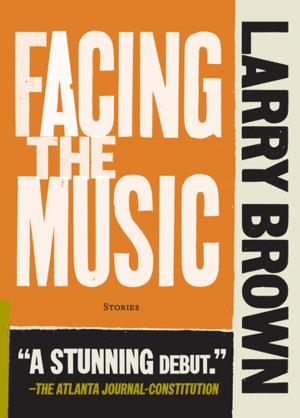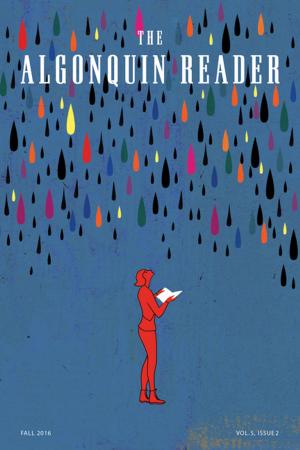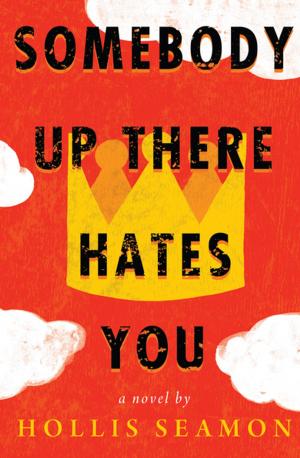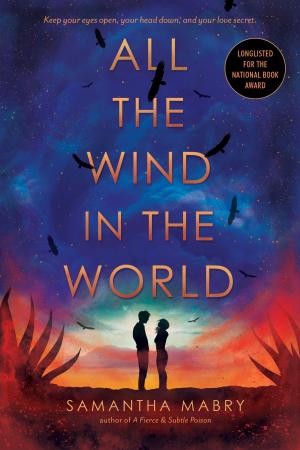| Author: | Jill McCorkle | ISBN: | 9781565127203 |
| Publisher: | Algonquin Books | Publication: | March 28, 2003 |
| Imprint: | A Shannon Ravenel Book | Language: | English |
| Author: | Jill McCorkle |
| ISBN: | 9781565127203 |
| Publisher: | Algonquin Books |
| Publication: | March 28, 2003 |
| Imprint: | A Shannon Ravenel Book |
| Language: | English |
Jill McCorkle's new collection of twelve short stories is peopled with characters brilliantly like us-flawed, clueless, endearing. These stories are also animaled with all manner of mammal, bird, fish, reptile-also flawed and endearing. She asks, what don't humans share with the so-called lesser species? Looking for the answer, she takes us back to her fictional home town of Fulton, North Carolina, to meet a broad range of characters facing up to the double-edged sword life offers hominids. The insight with which McCorkle tells their stories crackles with wit, but also with a deeper-and more forgiving-wisdom than ever before. In Billy Goats, Fulton's herd of seventh graders cruises the summer nights, peeking into parked cars, maddening the town madman. In Monkeys, a widow holds her husband's beloved spider monkey close along with his deepest secrets. In Dogs, a single mother who works for a veterinarian compares him-unfavorably-with his patients. In Snakes, a seasoned wife sees what might have been a snake in the grass and decides to step over it. And, in the exquisite final story, Fish, a grieving daughter remembers her father's empathy for the ugliest of all fishes. The success behind Jill McCorkle's short stories-and her novels-is, as one reviewer noted, her skill as an archaeologist of the absurd, an expert at excavating and examining the comedy of daily life (Richmond Times-Dispatch). Yes, and also the tragedy.
Jill McCorkle's new collection of twelve short stories is peopled with characters brilliantly like us-flawed, clueless, endearing. These stories are also animaled with all manner of mammal, bird, fish, reptile-also flawed and endearing. She asks, what don't humans share with the so-called lesser species? Looking for the answer, she takes us back to her fictional home town of Fulton, North Carolina, to meet a broad range of characters facing up to the double-edged sword life offers hominids. The insight with which McCorkle tells their stories crackles with wit, but also with a deeper-and more forgiving-wisdom than ever before. In Billy Goats, Fulton's herd of seventh graders cruises the summer nights, peeking into parked cars, maddening the town madman. In Monkeys, a widow holds her husband's beloved spider monkey close along with his deepest secrets. In Dogs, a single mother who works for a veterinarian compares him-unfavorably-with his patients. In Snakes, a seasoned wife sees what might have been a snake in the grass and decides to step over it. And, in the exquisite final story, Fish, a grieving daughter remembers her father's empathy for the ugliest of all fishes. The success behind Jill McCorkle's short stories-and her novels-is, as one reviewer noted, her skill as an archaeologist of the absurd, an expert at excavating and examining the comedy of daily life (Richmond Times-Dispatch). Yes, and also the tragedy.
